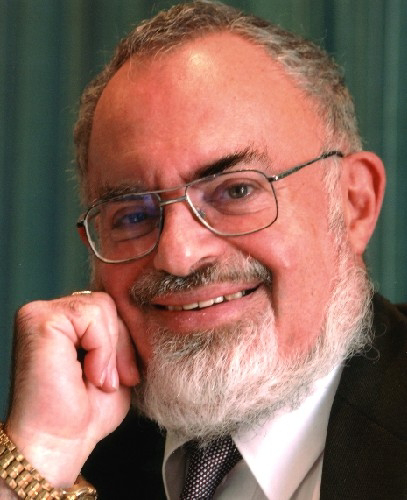Stanton T. Friedman: Unraveling the Enigma of Roswell
The name Stanton T. Friedman resonates with those intrigued by the mysteries of UFOs and extraterrestrial encounters. A nuclear physicist by training, Friedman delved into the enigmatic events surrounding the alleged Roswell UFO incident of 1947, becoming one of the most prominent figures in the field of ufology.
Roswell, New Mexico, entered the annals of modern folklore when reports emerged of a crashed flying saucer recovered by the U.S. military in July 1947. Initially dismissed as a weather balloon, the incident faded into obscurity until the late 1970s, when Friedman's persistence and meticulous research rekindled interest in the case.
Born on July 29, 1934, in Elizabeth, New Jersey, Friedman's scientific background lent credibility to his investigation. A graduate of the University of Chicago, he worked on classified projects for corporations and government agencies, granting him valuable insights into the covert aspects of military operations.
Friedman's breakthrough came in 1978 when he obtained previously undisclosed government documents under the Freedom of Information Act. These papers hinted at a potential cover-up and led him to believe that the Roswell crash involved extraterrestrial technology. He tirelessly interviewed witnesses, including military personnel and local residents, painstakingly piecing together a narrative that challenged the official explanation.
His research culminated in the publication of "Crash at Corona: The U.S. Military Retrieval and Cover-Up of a UFO" in 1992, which catapulted Friedman to the forefront of ufology. He argued that the military had recovered not just a weather balloon, but a crashed UFO and alien bodies. Despite skepticism from mainstream scientists and historians, Friedman's work resonated with a fervent community of believers.
Friedman's advocacy extended beyond the written word. He delivered lectures around the world, engaging audiences with his compelling arguments and evidence. His articulate and no-nonsense approach garnered respect, even from skeptics. He appeared on numerous radio and television shows, becoming a recognizable figure in both popular culture and serious discussions about extraterrestrial life.
Critics questioned the validity of Friedman's claims, pointing to inconsistencies in witness testimonies and the lack of concrete evidence. Skeptics argued that his scientific credentials did not necessarily translate into expertise in analyzing historical events or military operations.
Stanton T. Friedman passed away on May 13, 2019, leaving behind a legacy of passionate investigation and advocacy. His impact on the study of UFOs and the Roswell incident endures, as the debate over what really happened in the New Mexico desert in 1947 continues to captivate and intrigue generations.
In the realm of UFO research, Stanton T. Friedman remains a polarizing figure, celebrated by some as a tenacious seeker of truth and dismissed by others as a conspiracy theorist. His exploration of the Roswell incident serves as a reminder of the enduring human fascination with the unknown and our insatiable curiosity about the possibility of extraterrestrial life.

Comments
Post a Comment